9 Oldest Colleges Still Shaping America Today
The foundation of higher education in the United States is a story deeply interwoven with the nation's history. The 9 oldest colleges in America serve not only as institutions of learning but as living museums chronicling the evolution of society, thought, and governance. Each college, with its storied past, contributes a unique narrative to the broader tapestry of American academia. This exploration will delve into the origins, challenges, and triumphs of these venerable institutions, uncovering tales often overlooked in mainstream historical accounts. By tracing their roots, we gain insight into how these colleges shaped, and were shaped by, the burgeoning nation around them. This journey is not just about bricks and mortar but about ideals, perseverance, and the relentless pursuit of knowledge that continues to define them today.
1. Harvard University - The Genesis of American Academia
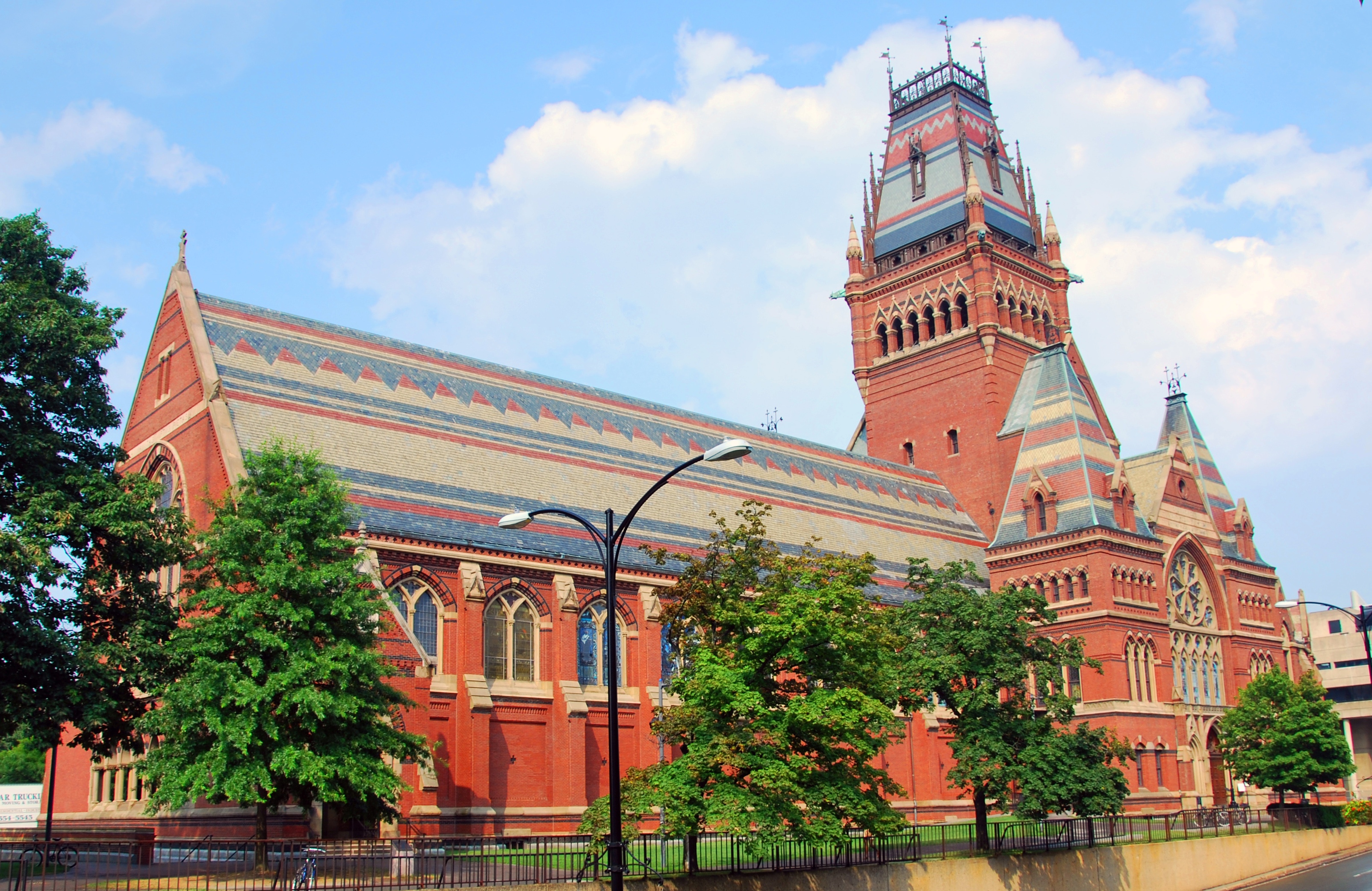
Founded in 1636, Harvard University stands as the oldest institution of higher education in the United States. Established initially to train clergy, Harvard quickly became a beacon of intellectual pursuit and innovation. Its early years were marked by financial struggles and a scarcity of resources, yet it persevered, driven by a commitment to education and enlightenment. Harvard's curriculum and structure were heavily influenced by the European model, particularly the universities of Cambridge and Oxford, but it gradually developed its unique identity. As the first college in the New World, Harvard set a precedent for future institutions, emphasizing a broad liberal arts education. It played a crucial role in shaping the intellectual landscape of the colonies, producing influential thinkers and leaders who would go on to play pivotal roles in the American Revolution and the founding of the nation.
2. The College of William & Mary - A Royal Charter and Revolutionary Spirit
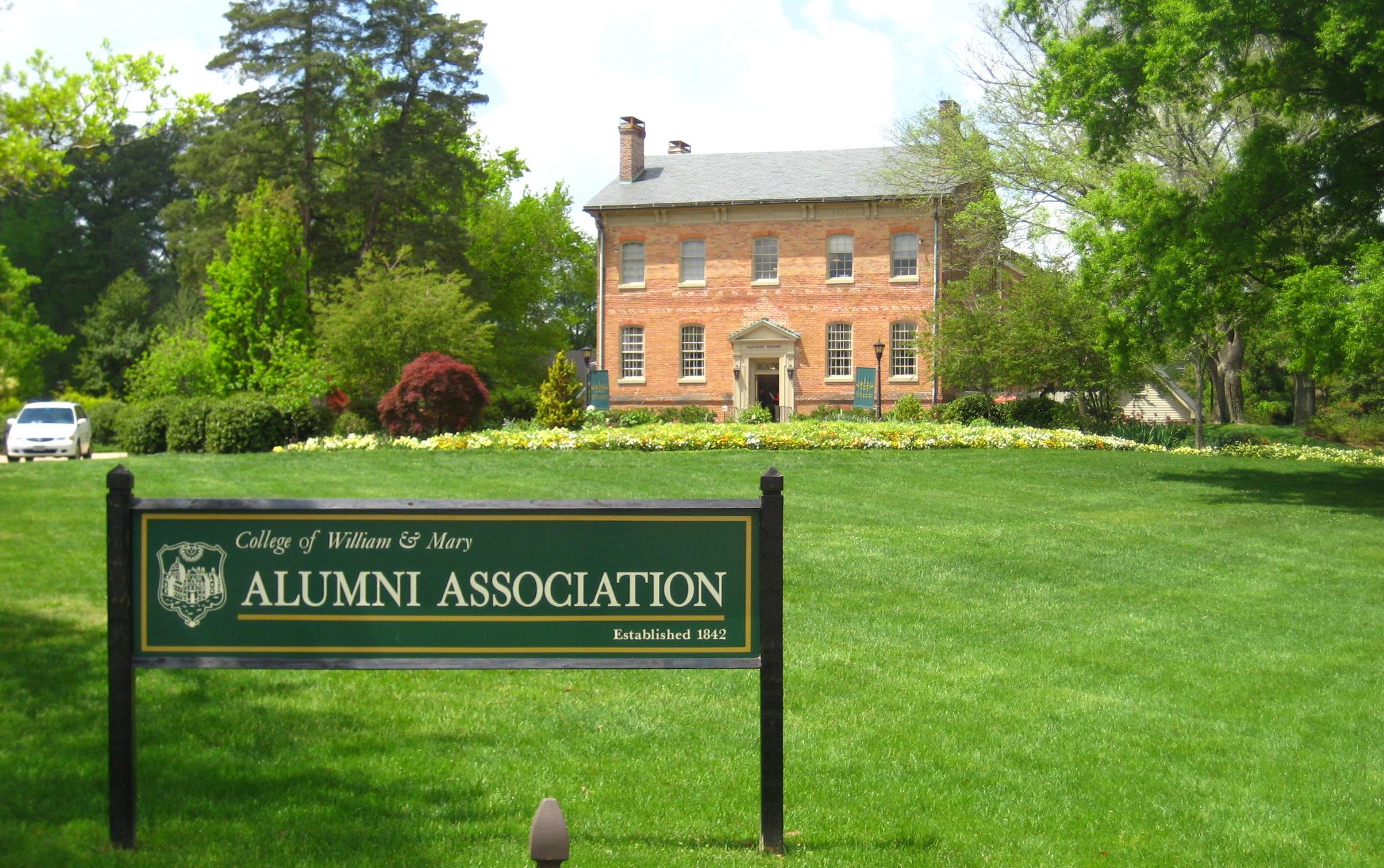
Chartered in 1693, the College of William & Mary holds the distinction of being the second-oldest institution of higher education in the United States. Located in Williamsburg, Virginia, it was founded by royal charter, reflecting the colonial ties to England. Despite its royal origins, William & Mary became a hotbed of revolutionary ideas, producing notable alumni such as Thomas Jefferson, James Monroe, and John Tyler. The college's curriculum was progressive for its time, incorporating the study of modern languages, science, and law alongside classical subjects. Its commitment to public service and civic responsibility is evident in its history of producing leaders who were instrumental in the founding and governance of the United States. The college's unique blend of tradition and innovation continues to influence its educational approach today.
3. Yale University - From Collegiate School to Ivy League Powerhouse
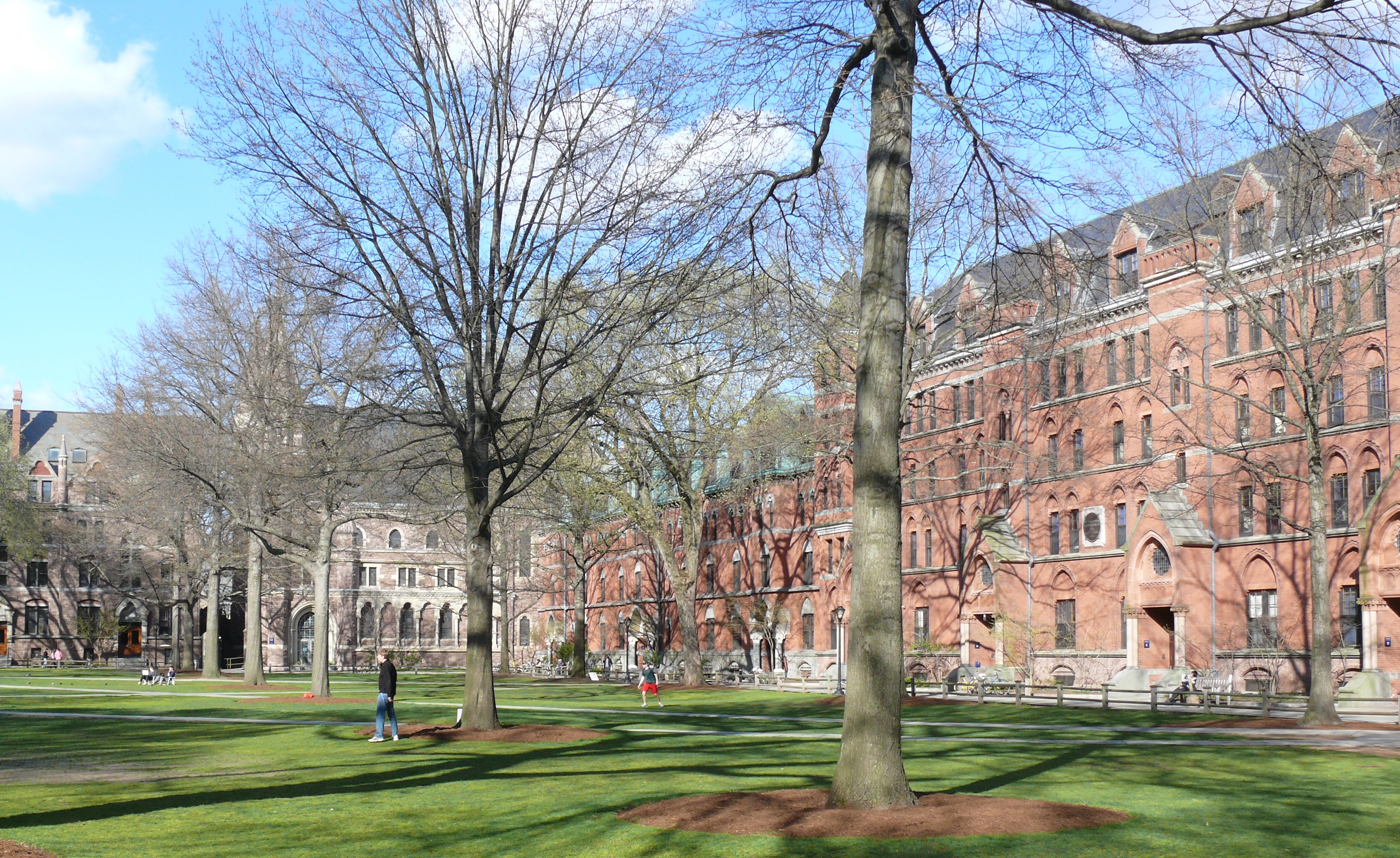
Yale University, established in 1701 as the Collegiate School, was founded by a group of Congregationalist ministers seeking to establish a college in the New Haven Colony. Named Yale College in 1718 after a generous donation from Elihu Yale, the institution quickly gained a reputation for academic excellence. Yale's early curriculum focused heavily on theology and the classics, but it gradually expanded to include a wider range of subjects. The college played a significant role in the intellectual and cultural development of the colonies, with its graduates going on to become influential figures in American society. Yale's transformation from a small regional college to a prestigious Ivy League university is a testament to its adaptability and commitment to innovation in education.
4. Princeton University - A Nexus of Enlightenment and Revolution
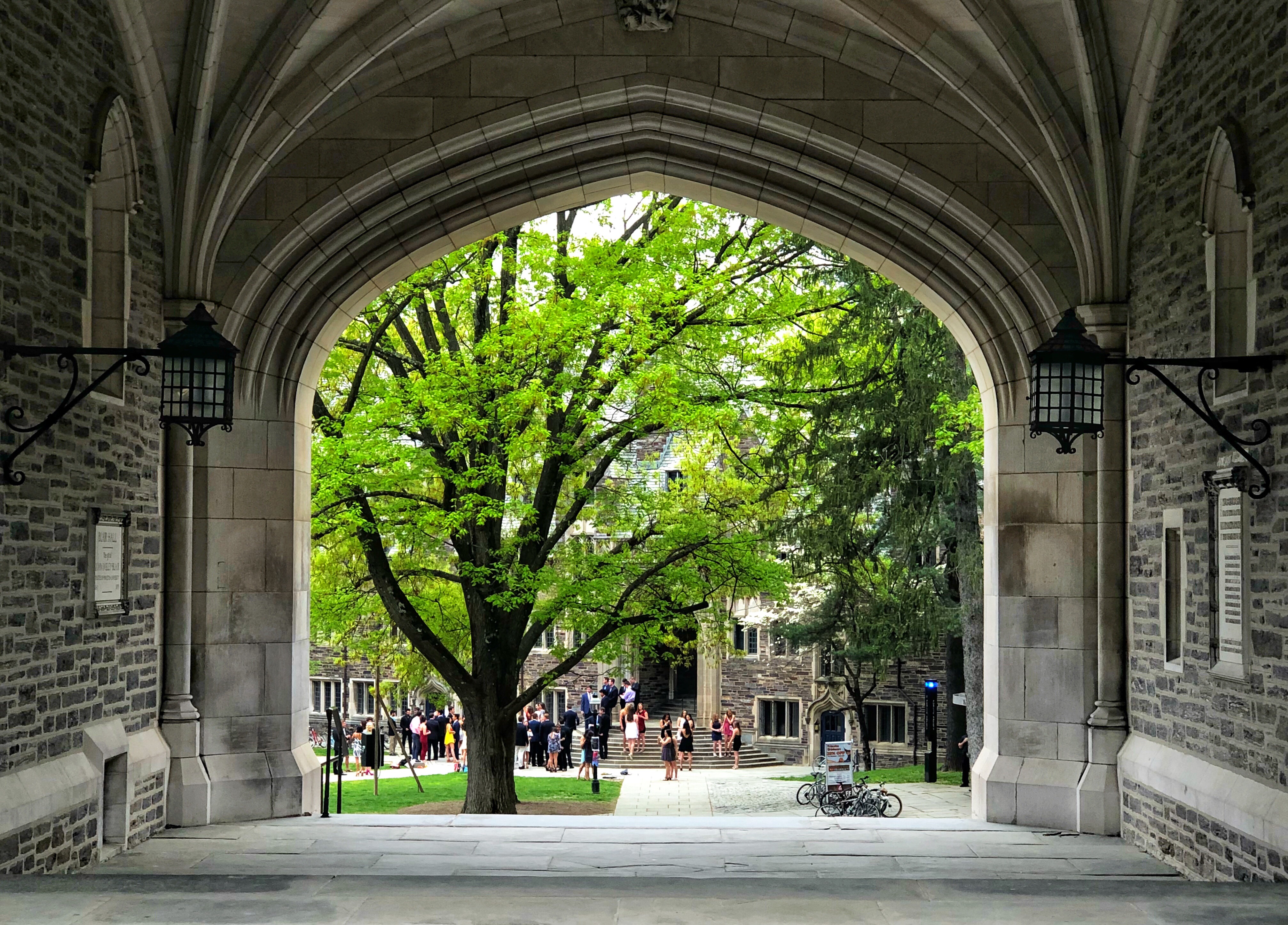
Founded in 1746 as the College of New Jersey, Princeton University was established to provide a liberal arts education grounded in the principles of the Enlightenment. The college's early years were marked by a commitment to religious and intellectual freedom, attracting students and faculty who were leaders in the movement for American independence. Princeton's role in the American Revolution is well-documented, with its campus serving as a battleground and its alumni playing significant roles in the war effort. The college's emphasis on critical thinking and civic engagement has continued to shape its educational philosophy, making it a leader in producing graduates who are not only well-educated but also prepared to contribute to society.
5. University of Pennsylvania - Innovation and the Birth of the Modern University
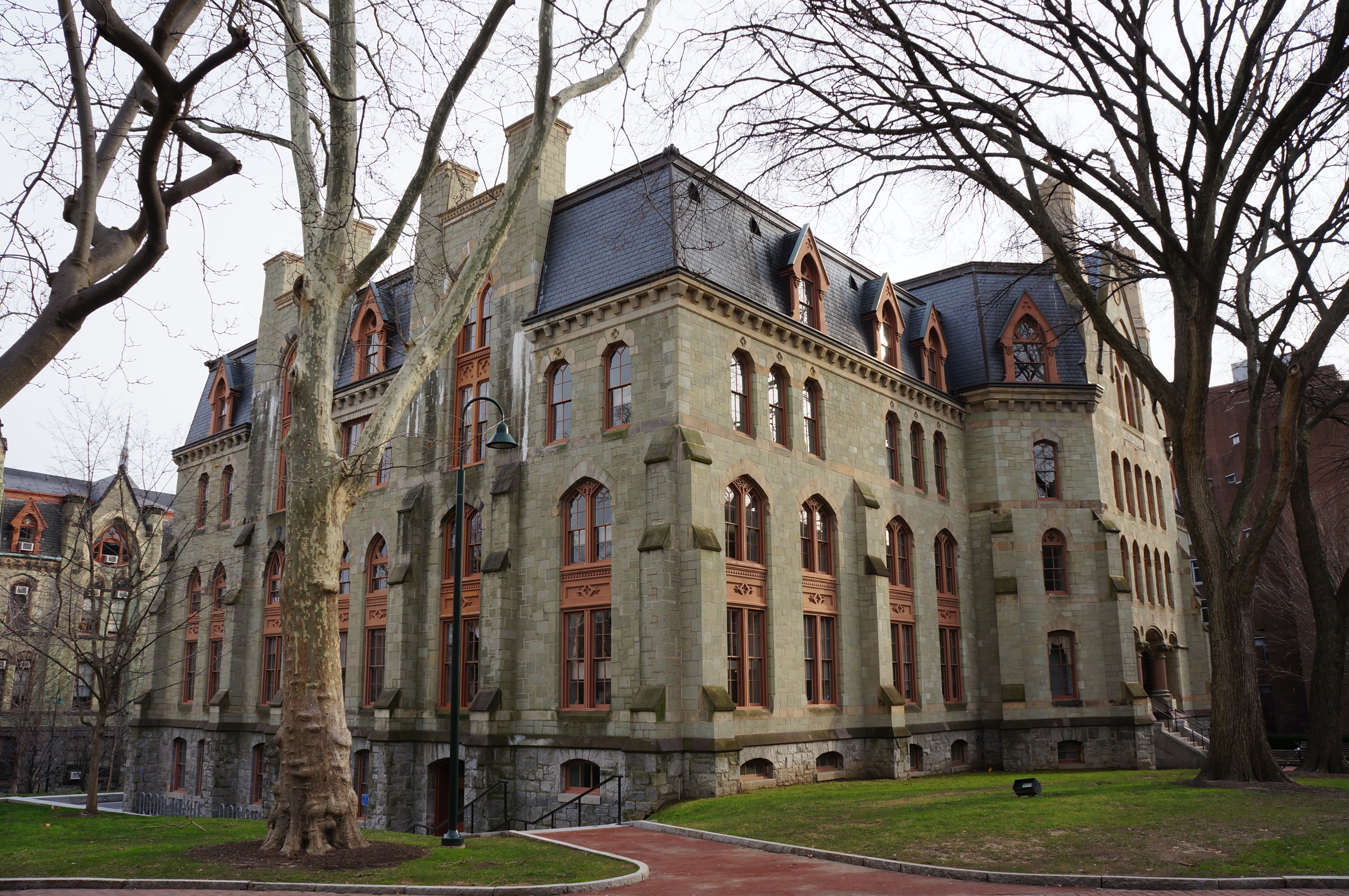
The University of Pennsylvania, founded in 1740, is often credited with being the first university in the United States to offer both undergraduate and graduate education. Founded by Benjamin Franklin, Penn was established with a focus on practical education and the advancement of knowledge. Franklin's vision for the university was to create an institution that emphasized the sciences and humanities, preparing students for careers in public service and commerce. Penn's innovative approach to education, including the establishment of the first medical school in the colonies, set a new standard for higher education in America. The university's commitment to research and interdisciplinary study continues to influence its educational mission today.
6. Columbia University - From King's College to a Global Institution
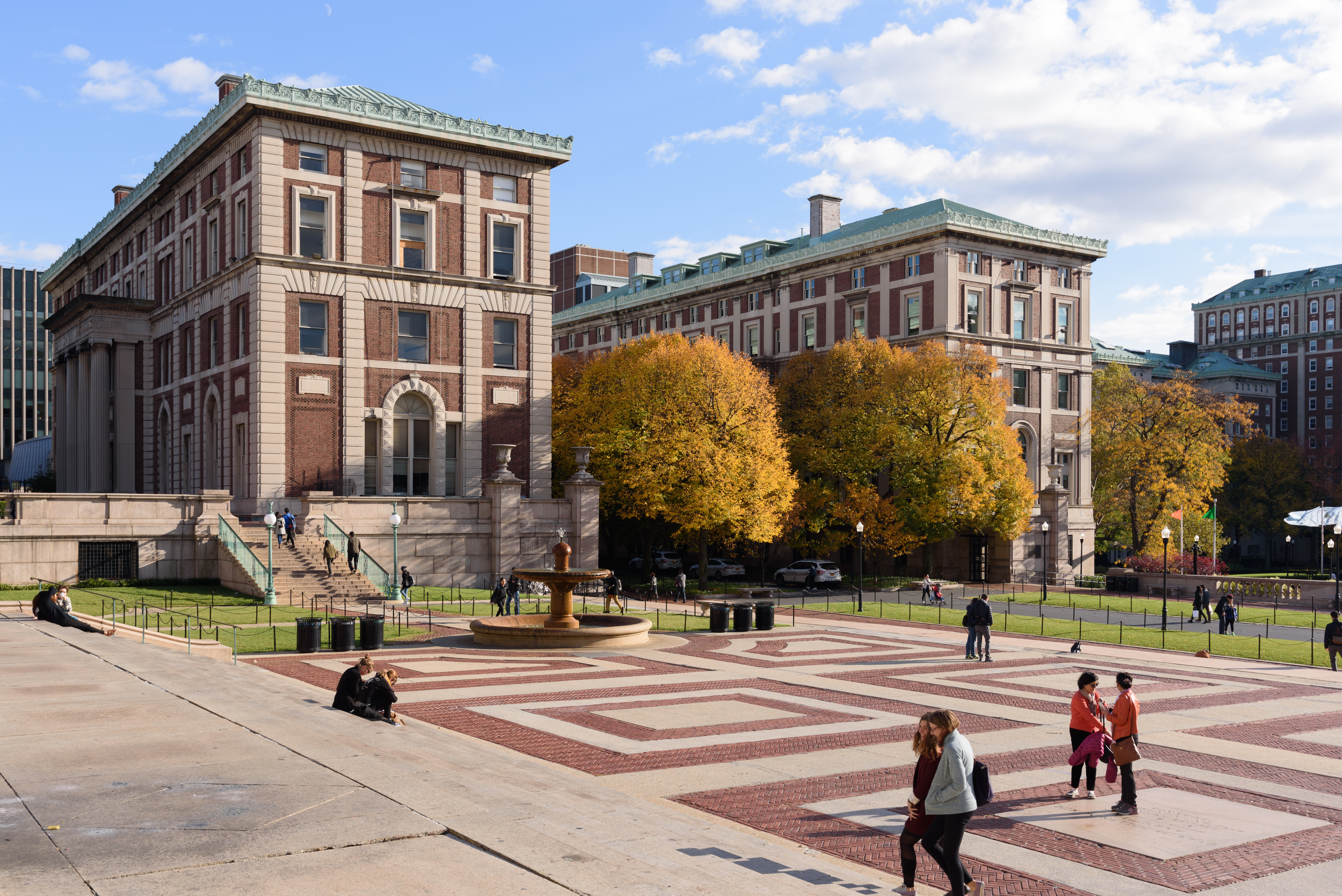
Columbia University, originally founded as King's College in 1754, was established by royal charter in the Province of New York. The college's early years were shaped by its location in a major colonial city and its close ties to the Anglican Church. Despite these connections, Columbia became a center for revolutionary thought and activity, with many of its students and faculty playing key roles in the American Revolution. The college's transformation into Columbia University in the 19th century marked a shift towards a more secular and inclusive educational mission. Today, Columbia is recognized as a leading global institution, known for its diverse student body and commitment to addressing complex global challenges through education and research.
7. Brown University - A Legacy of Religious Freedom and Academic Innovation
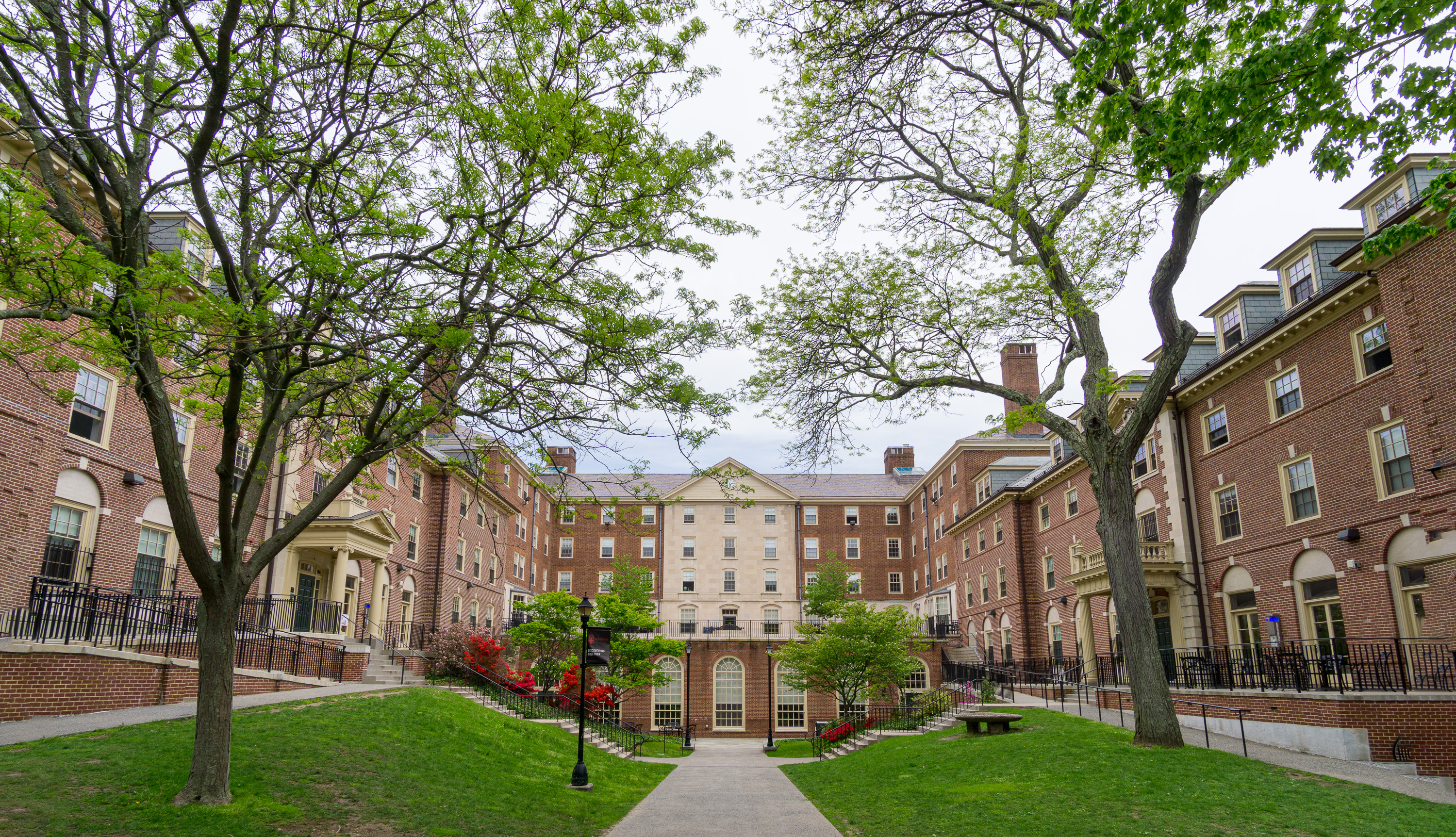
Founded in 1764, Brown University was established as the College in the English Colony of Rhode Island and Providence Plantations. It was the first college in America to accept students regardless of their religious affiliation, reflecting the colony's commitment to religious freedom and tolerance. Brown's early curriculum was designed to provide a broad liberal arts education, with an emphasis on independent thinking and academic innovation. The university's open curriculum, introduced in the 20th century, continues to reflect its commitment to student-centered learning and intellectual exploration. Brown's legacy of inclusivity and academic freedom has made it a leader in promoting diversity and social justice in higher education.
8. Rutgers University - From Queen's College to a Land-Grant Institution
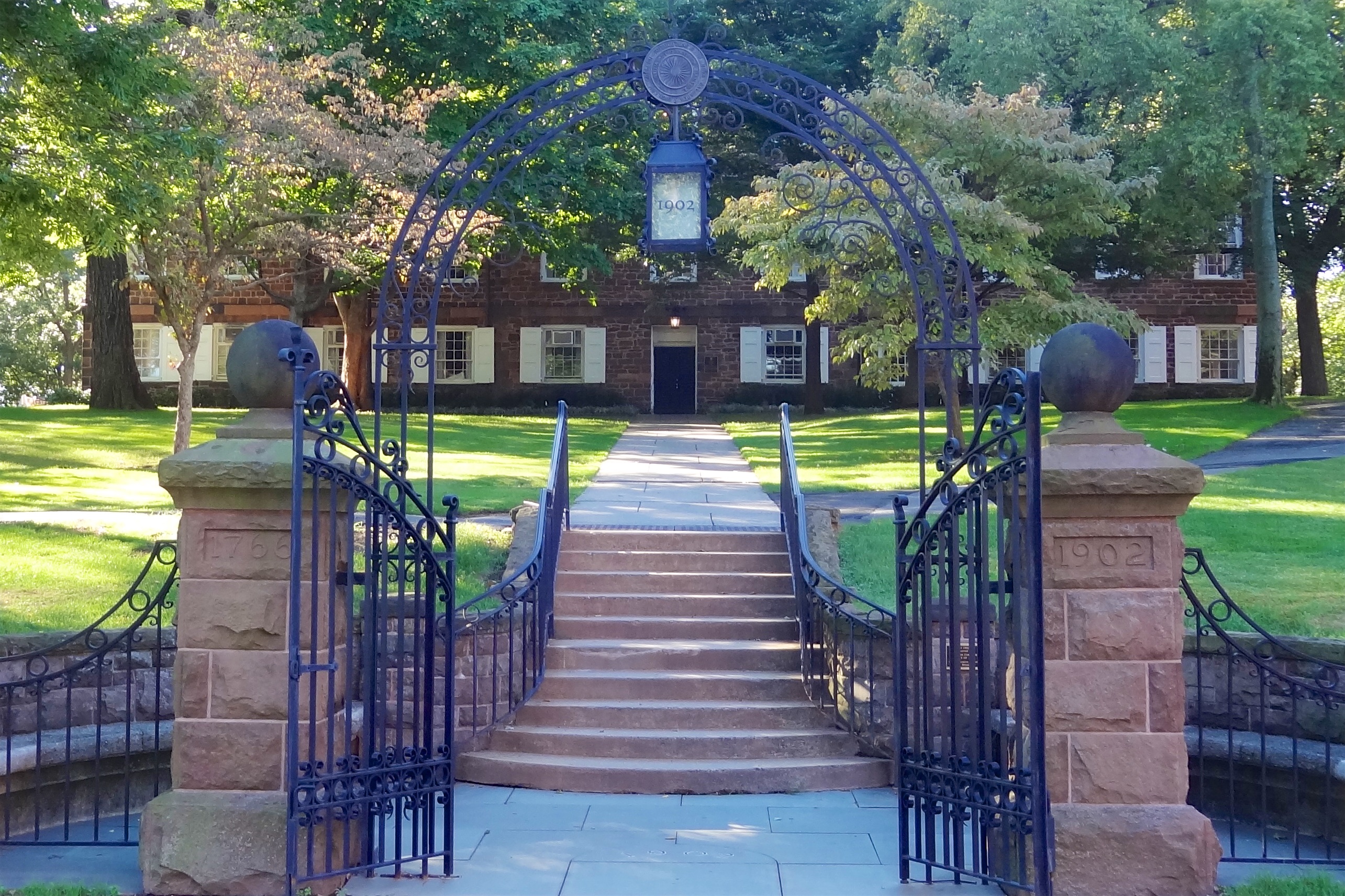
Rutgers University, originally chartered as Queen's College in 1766, was established to train young men for the ministry and other learned professions. Located in New Brunswick, New Jersey, the college struggled financially in its early years but persevered through the dedication of its faculty and supporters. In the 19th century, Rutgers became a land-grant institution, expanding its mission to include agricultural and technical education. This transformation marked a significant shift in the college's focus, aligning it with the needs of a rapidly industrializing nation. Today, Rutgers is a leading public research university, known for its commitment to accessibility and excellence in education.
9. Dartmouth College - A Mission of Education and Native American Outreach
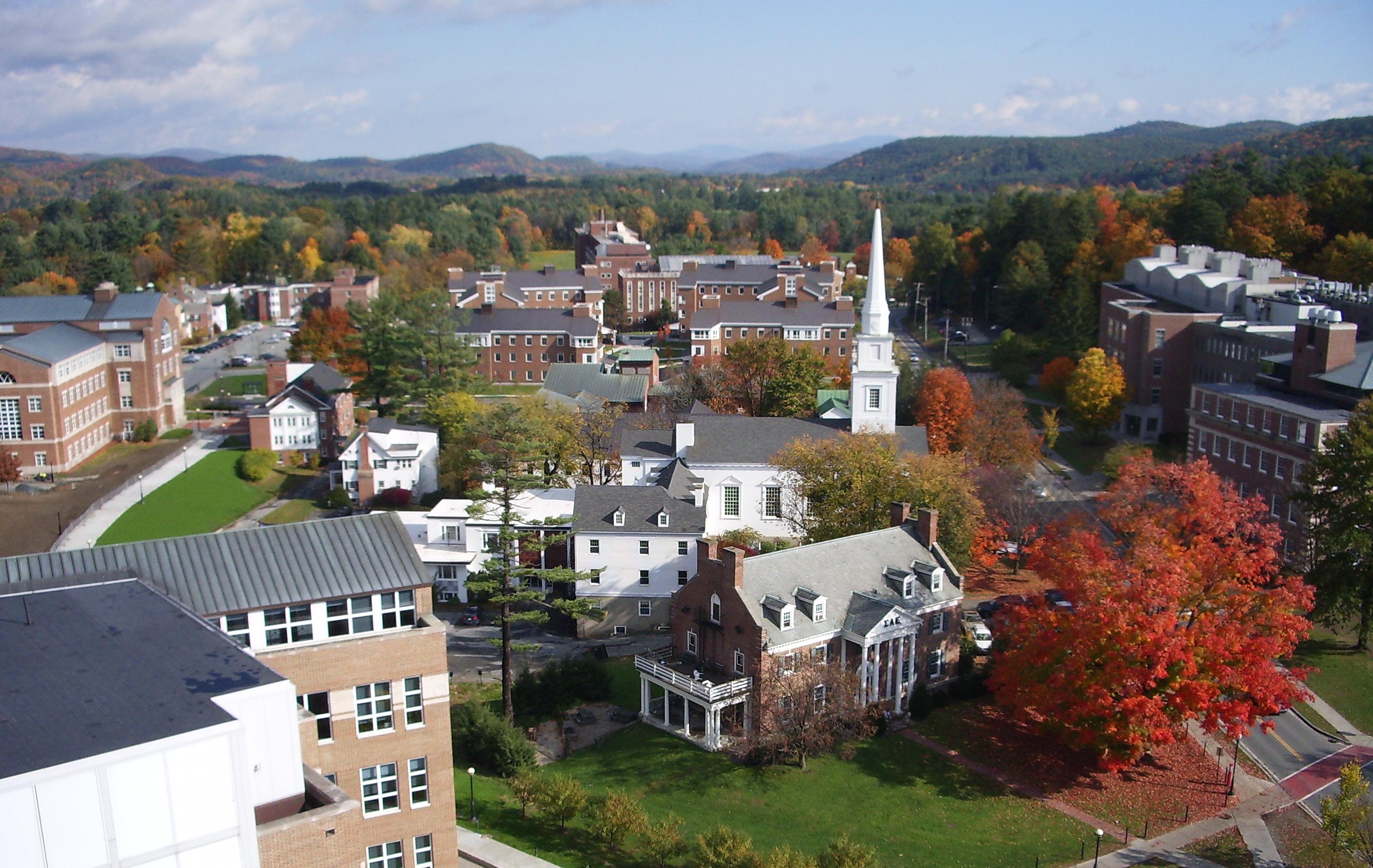
Dartmouth College, founded in 1769, was established with a mission to educate Native Americans and prepare them for leadership roles in their communities. The college's founder, Eleazar Wheelock, envisioned Dartmouth as a place where students from diverse backgrounds could receive a comprehensive education in the liberal arts. Despite facing numerous challenges, including financial difficulties and resistance to its mission, Dartmouth persevered and expanded its educational offerings. The college's commitment to diversity and inclusion continues to be a central part of its mission, with initiatives aimed at supporting Native American students and promoting cross-cultural understanding.
The nine oldest colleges in the United States are more than just historical relics; they are living institutions that continue to shape the future of higher education. Each college, with its unique history and mission, has contributed to the development of American society and the advancement of knowledge. Their stories are a testament to the enduring power of education to transform lives and communities. As we look to the future, these colleges remain committed to their founding principles, while also embracing innovation and change. Their legacy is one of resilience, adaptability, and a steadfast commitment to the pursuit of knowledge and understanding in an ever-evolving world.








